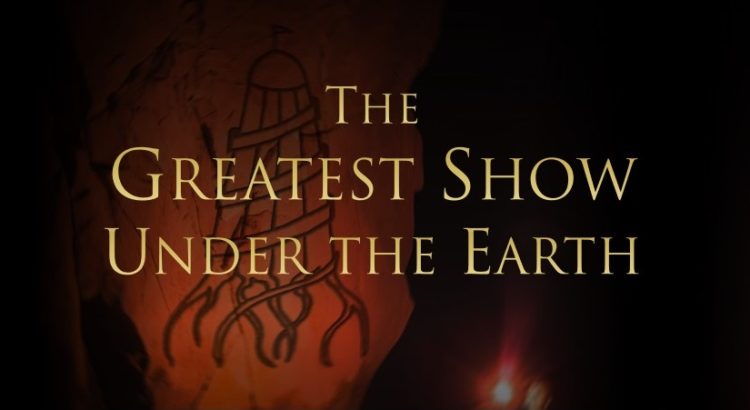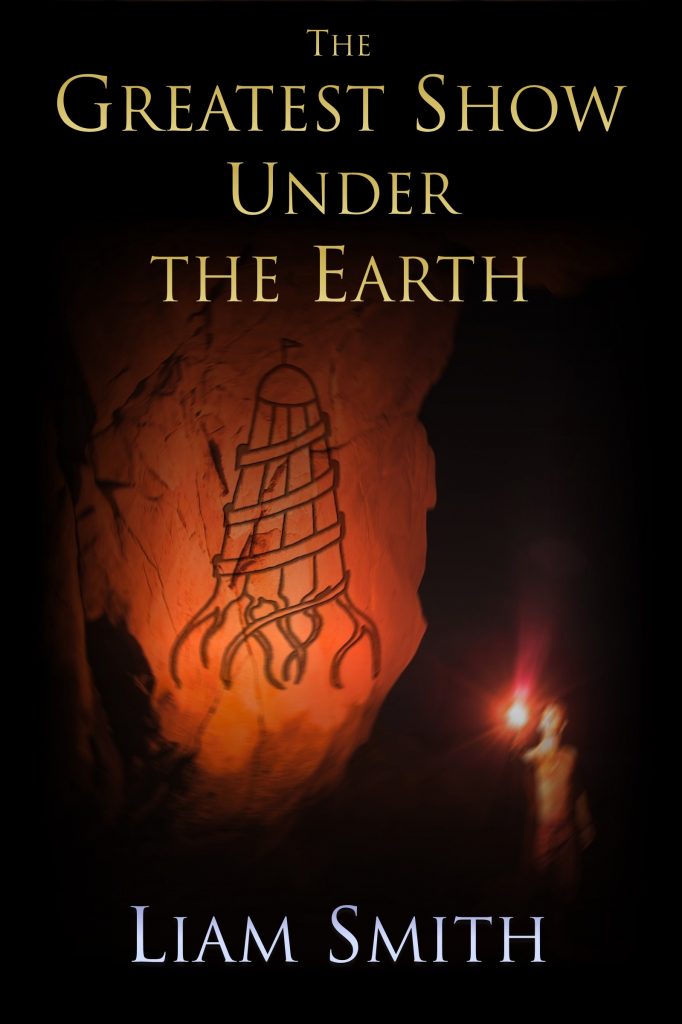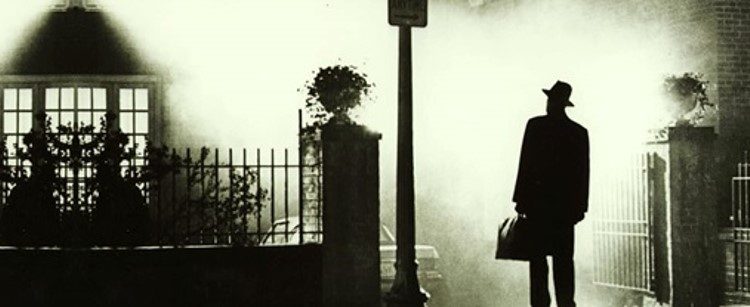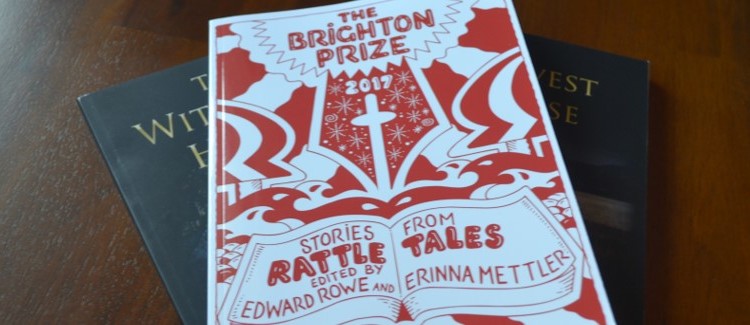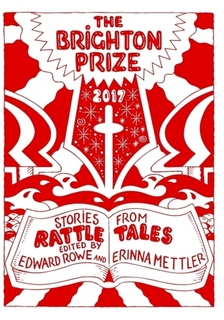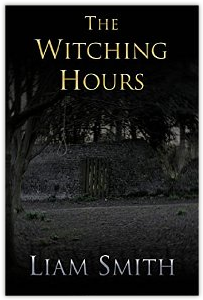My flash fiction story Death Rattle is featured in the just-released The Brighton Prize 2017!
Last year I wrote and entered a flash-fiction story to Rattle Tales, a Brighton-based writing collective, for an evening of readings they were hosting. My story, Death Rattle, was selected! And I got to read it live in Brighton to an audience of rattle-waving writing enthusiasts.
It was a great night. It was wonderful to see how other writers performed the stories they had written, and the audience questions that followed each story were often illuminating. It’s notoriously difficult for writers to take their craft to the stage, and I was excited by the opportunity. Sadly, the 2018 Rattle Tales night falls a little close to my wedding day, so I’ve refrained from submitting to it!
I wrote Death Rattle to be read out loud and tried to emphasise sound throughout the story. I also tried to avoid certain tongue-twisting combinations of words that I might struggle with on the night! I’m really proud of the finished tale. I think for such a short piece of writing it tells a much larger story than it first appears.
I’d love for you to check out the The Brighton Prize anthology; not only to read my submission but also check out the stories from the writers I shared a stage with last June as well as the acclaimed tales that were selected The Brighton Prize – the short story competition run by Rattle Tales. And if you liked Death Rattle, why not try some of my other writings?
Happy reading!

